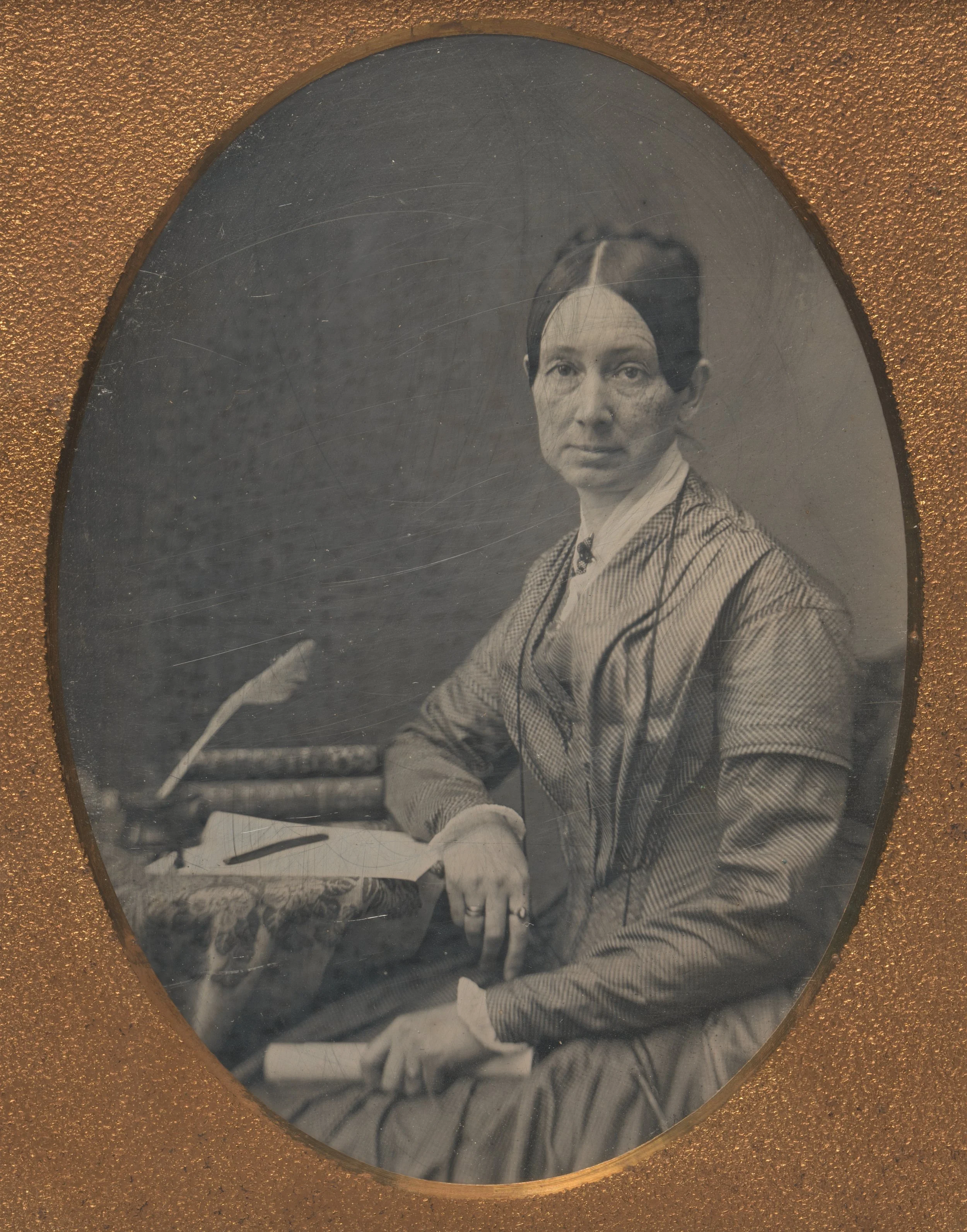Dorothea Dix
Dorothea Dix was an important medical reformer and Superintendent of Army Nurses for the Union Army. She worked tirelessly to better conditions for the mentally ill, indigenous people, and soldiers. Miss Dix established some of America’s first laws surrounding the governance of asylums and sanitariums, and she was a proponent of prison reform. Perhaps she might be thought of as the American Florence Nightingale.
Miss Dix’s importance and dedication to improving the lives of others was not lost on Fanny. In fact, Fanny dedicated a large section of a couple diary entries to her admiration of Miss Dix when she finally got to meet her in person during the Civil War. Fanny clearly admired her and told anecdotes about her accomplishments with the mentally ill and wounded. She probably also was impressed by her single lifestyle, as Fanny was inspired by strong, unmarried women.
“The name of Miss Dix is dear to humanity as that of one whose life his been devoted to succoring the distressed. I never saw her before—She is tall, about fifty, with oval face, and small features—does not look strong—She has a low voice—such as the watcher of sick beds should have. Her whole mind seemed filled with the suffering of others—she spoke of the attrocities committed by the rebels at Bull Run…She said she never saw anything like the fortitude and moral courage shown by the men in our army”
National Portrait Gallery, Smithsonian Institution c. 1849

